Sometimes it’s better to set our technical jargon aside in order to communicate effectively…
Effective communication is essential to success in working with folks outside our field. Throughout the day, we interact with many different groups of people: parents, clients, other professionals, our staff, the nice neighbor down the street, etc. Not everyone knows the highly specialized and beloved technical jargon we learned in graduate school. Sometimes it can even work against us. Let me share with you a store from a day in the office here at ABAC.
A few years ago, on Carole’s first day of work here at ABAC, I mentioned that I was going to set up a task analysis for something. Her response was “do you mean a to-do list?”
“Sort of, kinda…” could have been my answer followed by a statement pointing out the differences. What I really said was:
“Yeah, pretty much”
There is a time and a place for everything, including our beloved technical jargon. These days, Carole (an LCSW) knows the difference between a task analysis and a to-do list. In fact, she has written more than a few task analyses for procedures that allow ABAC to run smoothly behind the scenes. The point is, on her first day of work, I didn’t need to make a huge deal about her not knowing the difference. I had to show her how to do the job I hired her to do, not scare her away with jargon and technicalities. Don’t get me wrong, technical jargon has a critical place in our professional work. A certain amount of flexibility is required to communicate effectively, though—sometimes the technical term just isn’t necessary.
Don’t share THAT meme
Here’s an easy way to improve ourselves as a field: avoid sharing memes that perpetuate stereotypes about our discipline. With technical jargon, I’m not very concerned that others are slow to adopt our language, use it inaccurately, or never use it at all. Floating around the internet are “funny” ABA memes that depict us as ridiculing, violent, condescending know-it-alls that make fun of others for using the wrong terminology or demonstrating a lack of understanding of behavior and learning theory. There are not a lot of them, but they are there and they come up when you search for ABA Humor and even worse… BCBA humor.
I say delete them from your computer folders, go back and remove them if you may have posted one in the past, and otherwise purge your media files of any meme that expresses disgust or frustration with the people who do not use our language, do not have a background in our science, or “do what we say.” Why? Because people on the internet will find them, will associate our field with them, but worst off people will associate YOU with them.
Make sure everyone is in on the joke, not just a select few.
I don’t know about you, but nothing says you are part of a legitimate field than when professional cartoonists poke fun at it using wit. I say post away if anyone with a minimum of an undergrad or high school psychology class can get the joke and giggle. Post the memes that celebrate client progress, the memes that celebrate ourselves, and the memes that teach a concept (Just make sure you give credit to the wonderful and witty artist who creates the content you share!). All those are fair game and make people smile at the end of a hard day, because they a good-natured, not because they make fun of clients or colleagues.
Not convinced? Check out what your ethics code has to say on effective communication.
If you don’t think my plea to the masses in “lay language” is enough of a reason to avoid posting memes that express disgust and/or frustration with clients, client family members, and professionals from other fields perhaps a few ethical codes will convince you.
- 1.05 Professional and Scientific Relationships
(e) Behavior analysts do not knowingly engage in behavior that is harassing or demeaning to persons with whom they interact in their work based on factors such as those persons’ age, gender, race, culture, ethnicity, national origin, religion, sexual orientation, disability, language, or socioeconomic status, in accordance with law.
“But they mean “language” like Spanish or Chinese!” Maybe. I will argue that this applies to fluency in scientific language. While we are at it perhaps it should also include education level and knowledge of learning theory, translational research and evidence-based practice and read as follows…
“Behavior analysts do not knowingly engage in behavior that is harassing or demeaning to persons with whom they interact with based on factors such as those persons’ age, gender, race, culture, ethnicity, national origin, religion, sexual orientation, disability, language, educational background, fluency in learning theory, translational research and/or evidence-based practices or socioeconomic status, in accordance with law.”
As it does not say that now, I guess I can’t expect you to hold to it…but if you care about other’s dignity, then you should. (For a recent discussion on dignity see Reid, Rosswurm, & Rothholz, 2017).
- 2.15 Interrupting or Discontinuing Services.
(a) Behavior analysts act in the best interests of the client and supervisee to avoid interruption or disruption of service.
What are the best interests of the client? For the client’s family members to feel safe and feel confident that they are working with someone who does not ridicule them. A fast and sure way to interrupt or disrupt service is to get caught having posted a meme that makes fun of client family members for not taking data or implementing a plan.

- 8.01 Avoiding False or Deceptive Statements.
(a) Behavior analysts do not make public statements that are false, deceptive, misleading, exaggerated, or fraudulent, either because of what they state, convey, or suggest or because of what they omit, concerning their research, practice, or other work activities or those of persons or organizations with which they are affiliated. Behavior analysts claim as credentials for their behavior-analytic work, only degrees that were primarily or exclusively behavior-analytic in content.
Posting a meme that depicts behavior analysts as cruel and insensitive perpetuates that myth, publicly. Nothing you post on the internet is private so when you post something like that you are making a public statement. Effective communication benefits our practice as behavior analysts and our clinical relationships with clients and families. End of story.

Perhaps you are convinced. Maybe you are not…
If so, I would love to hear why. In the meantime, I will be off giggling at Pavlov cartoons.
As always, if you think I missed something, could add something, or want to let me know what you think of this post, feel free to email me at adrienne@abacnj.com. Your input and viewpoint are important to me. A huge thank you to Carole for reading the original version of this post. Based on her feedback that I cut four paragraphs of text and started with the story. She was right. Four lengthy paragraphs were four too many. One little story…way better.
References
Behavior Analyst Certification Board (BACB). (2016). Professional and ethical compliance code for behavior analysts. Retrieved from https://www.bacb.com/ethics/ethics-code/.
Reid, D.H., Rosswurm, M, & Rotholz, D.A. (2018). No less worthy: Recommendations for behavior analysts treating adults with intellectual and developmental disabilities with dignity. Behavior Analysis in Practice, 11, 71-79.





